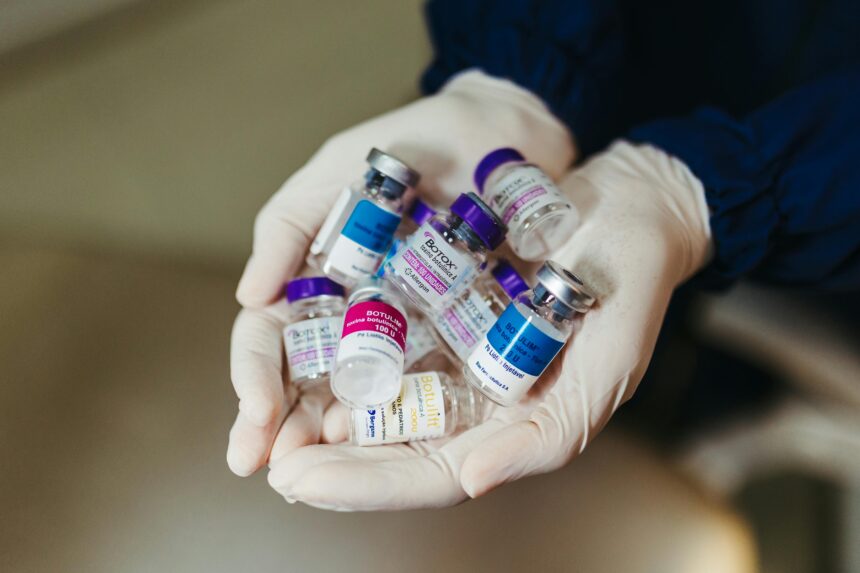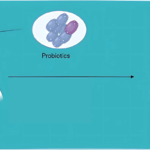The Centers for Disease Control and Prevention (CDC) has announced a new study to investigate whether childhood vaccinations contribute to autism risk, despite decades of scientific research disproving any connection.
While vaccines remain a critical public health tool in preventing infectious diseases, skepticism and misinformation surrounding vaccine safety continue to fuel debate. Many health experts have reiterated that no credible evidence supports a link between vaccines and autism.
This new CDC initiative raises concerns about reinforcing vaccine hesitancy at a time when childhood vaccination rates are already declining, leading to outbreaks of preventable diseases like measles and whooping cough.
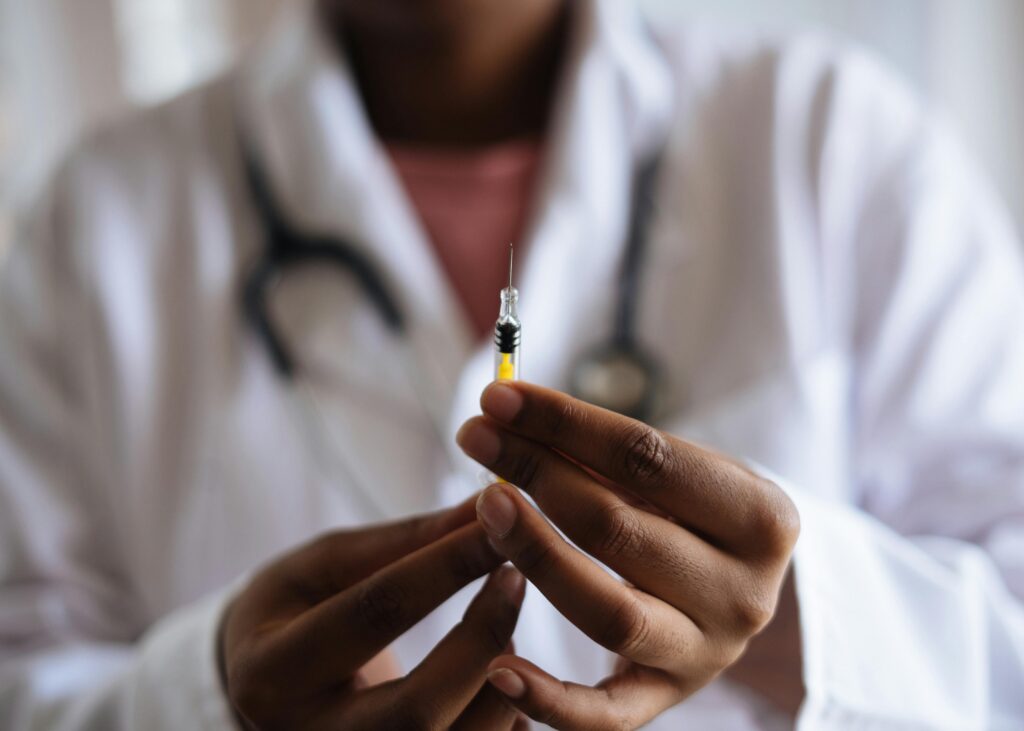
No Scientific Evidence Links Vaccines to Autism
Over the last 20 years, extensive research has been conducted to determine whether vaccines could play a role in the development of autism spectrum disorder (ASD). The conclusion has remained consistent and clear:
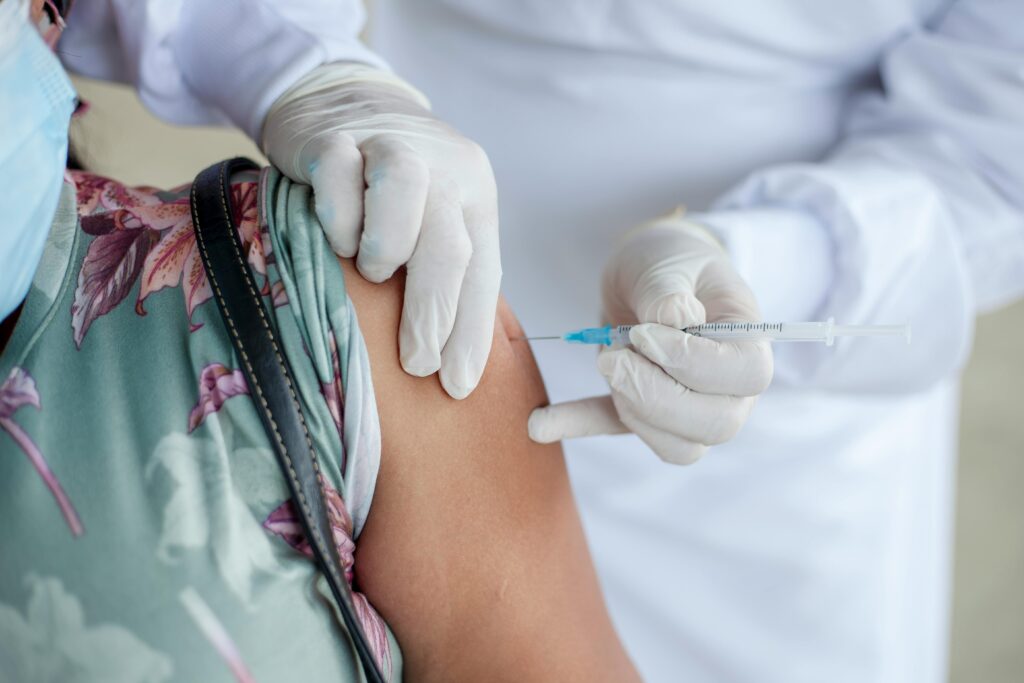
✅ Multiple large-scale studies have found no association between vaccines and autism.
✅ Thimerosal, a mercury-based preservative once used in vaccines, was removed in 2001, yet autism rates continued to rise.
✅ Genetic research has identified key mutations and hereditary factors that contribute to autism risk.
✅ Environmental influences affecting fetal brain development have been studied, with no connection to vaccines.
According to Dr. Bryan King, a child psychiatrist at the University of California, San Francisco, “Scientists have approached this question in many ways, and none have found a relationship.”
Despite overwhelming evidence, vaccine skepticism persists, often fueled by misinformation on social media and distrust in government agencies.
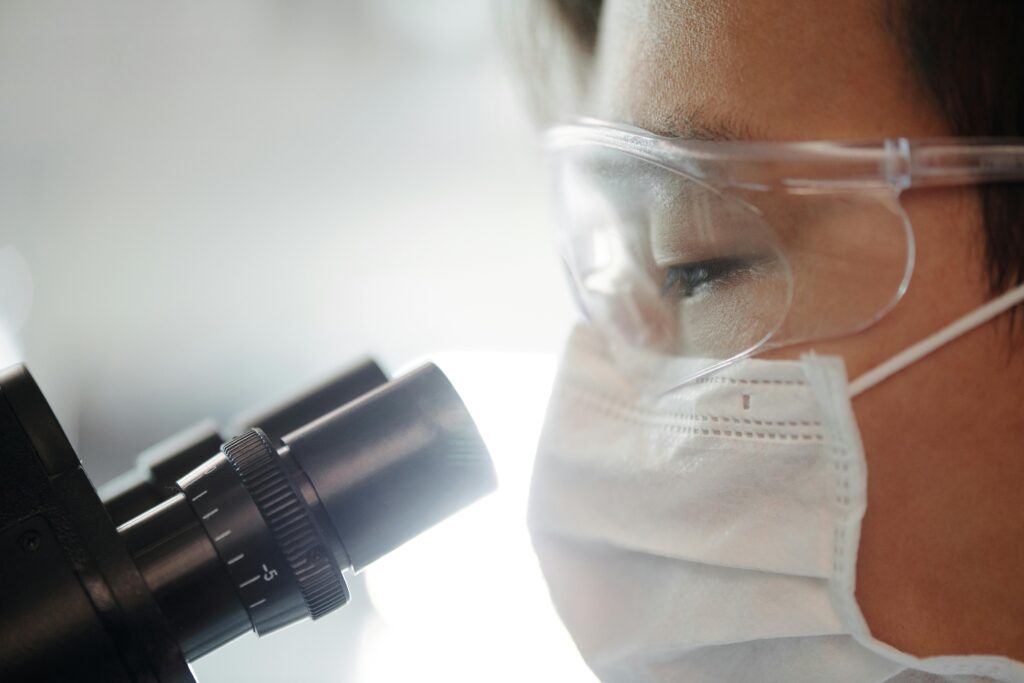
Why Autism Rates Have Increased
Some people point to the rising prevalence of autism diagnoses as a reason to suspect vaccines. However, experts emphasize that this increase is due to:
🔹 Better diagnostic tools – Doctors now recognize autism spectrum disorders more accurately.
🔹 Broader diagnostic criteria – The definition of autism has expanded to include a wider range of symptoms.
🔹 Greater awareness – More parents and educators are identifying early signs of autism in children.
According to the CDC, autism rates have increased from 1 in 150 children in 2000 to 1 in 36 children today. However, this rise correlates with improved screening methods rather than an actual surge in autism cases.
Dr. Danelle Fisher, a pediatrician at Providence Saint John’s Health Center, states, “The rate of autism is as much as it’s always been. Now, it’s just identified better.”

What Actually Causes Autism?
If vaccines don’t cause autism, then what does?
🔬 Genetics
Scientists have found that autism is highly heritable, meaning genetic factors play the biggest role in its development. Studies show that 50-80% of autism risk is inherited.
👶 Parental Age
Children born to older parents have a higher risk of autism due to genetic mutations that occur naturally with aging reproductive cells.
🤰 Prenatal Factors
Certain pregnancy-related conditions may contribute to autism risk, including:
- Premature birth
- Gestational diabetes
- Maternal infections during pregnancy
Dr. Gina Posner, a pediatrician at Memorial Care Medical Group, emphasizes, “You can’t specifically point to one cause. No two autistic kids are the same.”
The Importance of Vaccination
While the CDC’s new study may suggest an ongoing debate, the scientific community stands firm:
✅ Vaccines protect against deadly diseases like measles, polio, and whooping cough.
✅ Herd immunity helps safeguard individuals who cannot be vaccinated due to medical conditions.
✅ Vaccine-preventable diseases are resurging due to declining vaccination rates.
Dr. Fisher warns, “We forget how devastating these diseases are. Vaccines have been so successful that people don’t see the dangers of not being vaccinated.”
Takeaway
The CDC’s decision to reexamine the vaccine-autism link raises concerns among health professionals who fear it could fuel vaccine hesitancy despite decades of research disproving any connection.
While autism diagnoses have risen, this is due to better detection and broader diagnostic criteria, not vaccines. Experts agree that genetics, parental age, and prenatal factors play a much larger role in autism risk.
✅ Vaccines remain one of the safest and most effective ways to protect public health.
✅ Parents should continue following recommended immunization schedules to prevent outbreaks of preventable diseases.
In a world where misinformation spreads quickly, it is crucial to rely on science-backed facts to make informed healthcare decisions.



